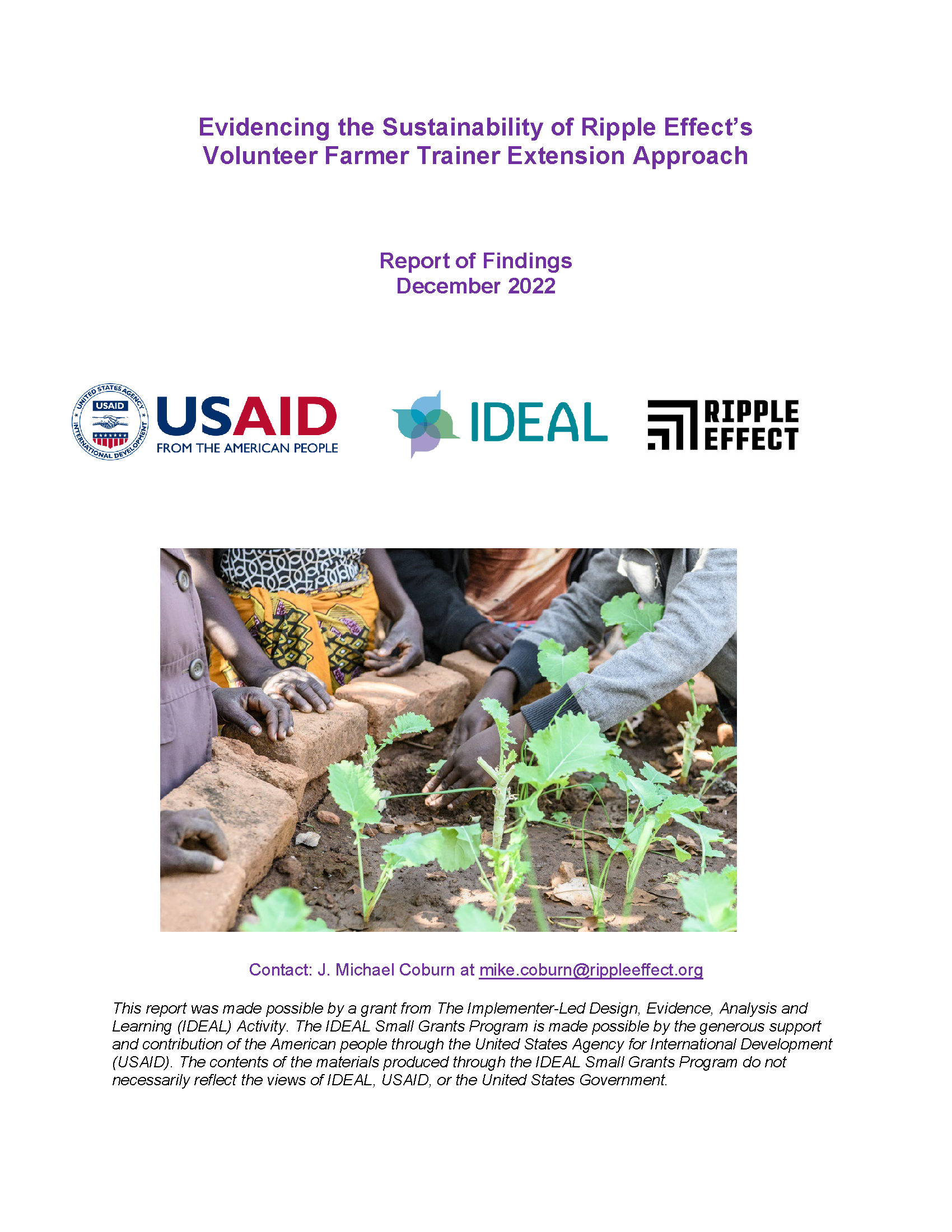Southern Africa Community Visioning Learning Summit
About the Event The Southern Africa Community Visioning Learning Summit, held in Victoria Falls, Zimbabwe on March 27-29, 2023, brought together 45 participants representing six RFSAs in four countries—Malawi, Madagascar, Mozambique, and Zimbabwe—as well as USAID staff from Washington and Missions in the region. Day 1: Sharing experiences, success, and challenges with community visioning Day 2: Field visit Day 3: Field visit reflections and putting learning into practice Community Visioning Resources Shared by RFSA Participants Community Visioning Tools - Amalima Loko | Zimbabwe Community Action Cycle - Okhokelamo ni Solha | Mozambique CARE Climate Vulnerability and Capacity Analysis Handbook -
